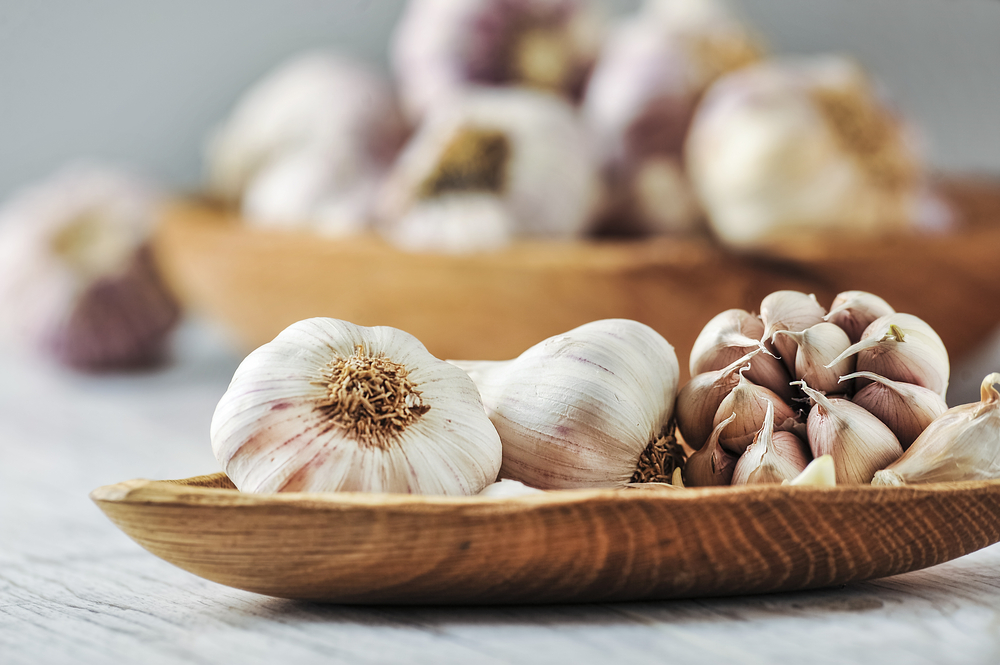Recent Alzheimer’s and dementia research suggests protecting your brain could start with what you’re putting on your plate.
A new study presented at the 2019 Experiment Biology conference found that eating garlic may counteract age-related problems with memory.
These benefits come from allyl sulfide, a compound in garlic thought to be responsible for the bulbs’ potent odor. Garlic breath may be worth the trade off, as the study found the compound may help prevent age-related memory problems by way of your gut bacteria.

Gut bacteria and the brain are undoubtedly linked, though the study’s authors concede the exact connections are still unclear and more research is needed.
“The diversity of the gut microbiota is diminished in elderly people, a life stage when neurodegenerative diseases such as Alzheimer’s and Parkinson’s develop and memory and cognitive abilities can decline,” said Neetu Tyagi, an associate professor at the University of Louisville School of Medicine and one of the study’s lead authors, in a release. “We want to better understand how changes in the gut microbiota relate to aging-associated cognitive decline.”
Related: How More Garlic = More Sex
The researchers learned from mice who consumed allyl sulfide that they had fewer memory problems in old age, as well as healthier gut microbiota. The mice also had higher levels of neuronal-derived natriuretic factor (NDNF) gene expression in their brains, which other studies say helps preserve memory.
So, do yourself a favour and load up on the garlic. As a bonus, you can dissuade people from bothering you with small talk thanks to your stinky garlic breath.
Photo Credit: Krasula/Shutterstock.com












